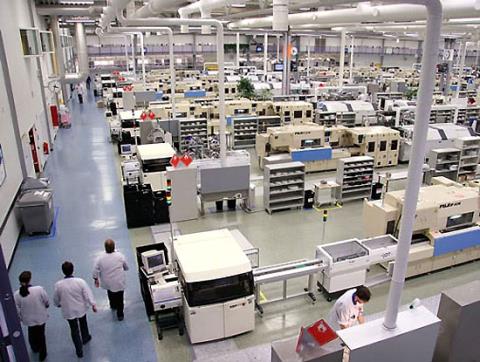

The Ministry of Science & Technology (MST), under public pressure, decided to delay the enforcement of Circular No 20 indefinitely.
The circular, which took effect on September 1, comprises the provisions described as “unreasonable” and “impractical”. It stipulates that previously used machines and equipment will only be allowed to enter Vietnam if they have been used no more than five years and are at least 80 percent brand-new.
The circular faced strong opposition from the business community soon after it was released.
Dr. Nguyen Mai, chair of the Foreign-Invested Enterprises’ Association, said he does not know why the imported machines must be 80 percent brand-new, but not 60 percent or 70 percent, and what enterprises need to do to prove that the imports are 80 percent brand-new, as required.
However, MST remained silent and did not issue a statement until it realized that the circular may prevent Microsoft, a technology giant, from bringing its Nokia smartphone production lines to Vietnam.
The ministry decided to delay the enforcement of the circular, a move that analysts believe aims to pave the way for Microsoft to bring old equipment from its factories in China and other countries to Vietnam.
However, the analysts have warned that while Vietnam tries to keep the door open to Microsoft to attract investment, it will also allow outdated technologies to enter Vietnam.
“MST has canceled Circular No 20, while it does not say what documents will replace the circular. This means that Vietnam’s door is opened widely through which all can enter,” he said.
Commenting about the MST decision, Dr. Pham Bich San, Deputy Secretary of VUSTA, the union of science and technique associations, said this showed that the document was not prepared with thorough consideration.
According to San, everyone agrees that Vietnam has to say “no” to old technologies, but no one can agree on a definition of what they really are.
“The technologies may be considered outdated in the US, but they may still be useful for Vietnam,” he explained.
Dr. Pham Hung Tien from the Hanoi National University also commented that Circular 20 set up requirements which cannot be satisfied by Vietnamese enterprises.
“Should Vietnam be allowed to import technologies invented seven years ago, if the technologies can still make products with high competitiveness?” he said.
“If the answer is yes, policymakers need to change their viewpoint,” he added. “The life cycle of products is about five years, but the life-span of equipment and technologies is longer.”